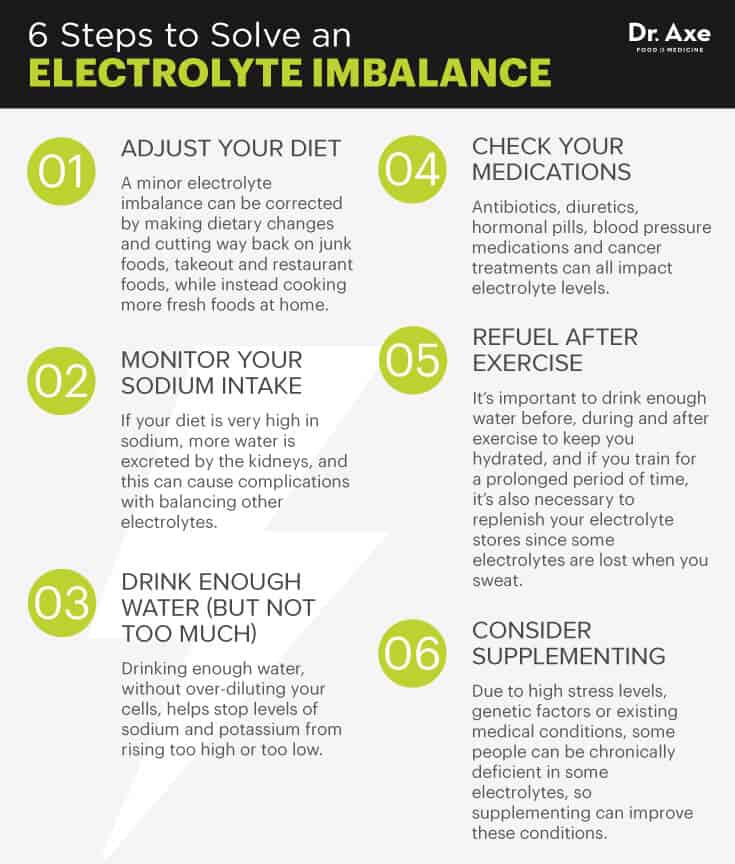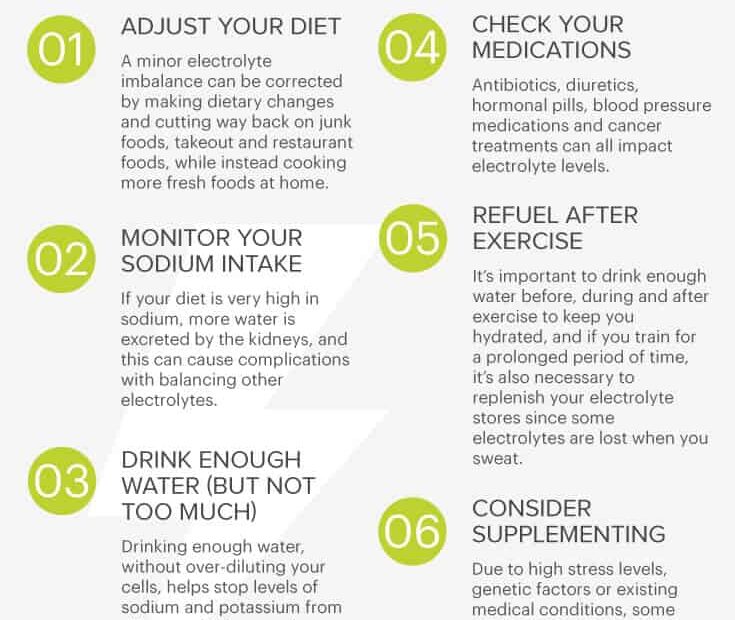How Do You Know If Your Electrolytes Are Low? 5 Common Signs To Watch For
Electrolyte Imbalance Signs \U0026 Symptoms: Sweet And Simple
Keywords searched by users: How do you know if your electrolytes are low Electrolyte disorders, Correction of electrolyte disturbances, Electrolyte imbalance pubmed, Overhydration, Fluid and electrolyte imbalance ppt
How Can I Check My Electrolyte Levels?
How can I check my electrolyte levels? To determine your electrolyte levels, you have two primary options: a blood test or a urine test. When opting for a blood test, a healthcare professional will extract a small sample of your blood using a needle, typically from a vein in your arm or hand. This sample is then analyzed to assess the concentration of electrolytes in your bloodstream. Alternatively, you can choose a urine test, which involves providing a urine sample in a dedicated specimen container. This urine sample is subsequently examined to evaluate your electrolyte levels. Both tests are valuable methods for assessing your electrolyte balance and can provide essential information about your overall health and well-being.
What Are The Symptoms Of Electrolyte Imbalance?
Understanding the symptoms of electrolyte imbalance is crucial for recognizing potential health issues. Electrolyte imbalances can manifest in various ways, ranging from mild to severe. Severe electrolyte disorders may lead to critical symptoms such as dizziness, brain swelling, shock, an accelerated or irregular heart rate, confusion, irritability, and nausea and vomiting. Additionally, individuals may experience lethargy, which can significantly impact their overall well-being. Identifying these symptoms can help prompt timely intervention and medical attention, as untreated electrolyte imbalances can have serious consequences for one’s health.
Discover 32 How do you know if your electrolytes are low







Categories: Update 100 How Do You Know If Your Electrolytes Are Low
See more here: tfvp.org

Extreme fatigue. A prolonged bout of diarrhea or vomiting. Signs of dehydration. Unexplained confusion, muscle cramps, numbness or tingling.Your electrolytes can be checked with either a blood or urine test. The blood test is done with a blood sample. A needle is used to draw blood from a vein in your arm or hand. For a urine test, you provide a urine sample in a specimen container.Urine can also be utilized as a diagnostic marker for electrolyte imbalances [4]. Sweat tests are used for athletes, measuring sodium and chloride (Cl–) excreted during exercise [5].
- Dizziness.
- Brain swelling.
- Shock.
- A fast or abnormal heart rate.
- Confusion.
- Irritability.
- Nausea and vomiting.
- Lethargy.
- Drink unsweetened coconut water. Coconut water is a good source of electrolytes. …
- Eat bananas. Eat a banana for some potassium. …
- Consume dairy products. …
- Cook white meat and poultry. …
- Eat avocado. …
- Drink fruit juice. …
- Snack on watermelon. …
- Try electrolyte infused waters.
Learn more about the topic How do you know if your electrolytes are low.
- Electrolyte Imbalance: Types, Symptoms, Causes & Treatment
- Electrolytes – Health Encyclopedia – URMC – University of Rochester
- Electrolyte Deficiency Disorders – UPMC
- Measuring electrolytes at home for preventive care
- 8 foods and drinks to help replenish electrolytes – Business Insider
- Electrolyte imbalance: Symptoms, causes, and treatment
See more: blog https://tfvp.org/category/science
